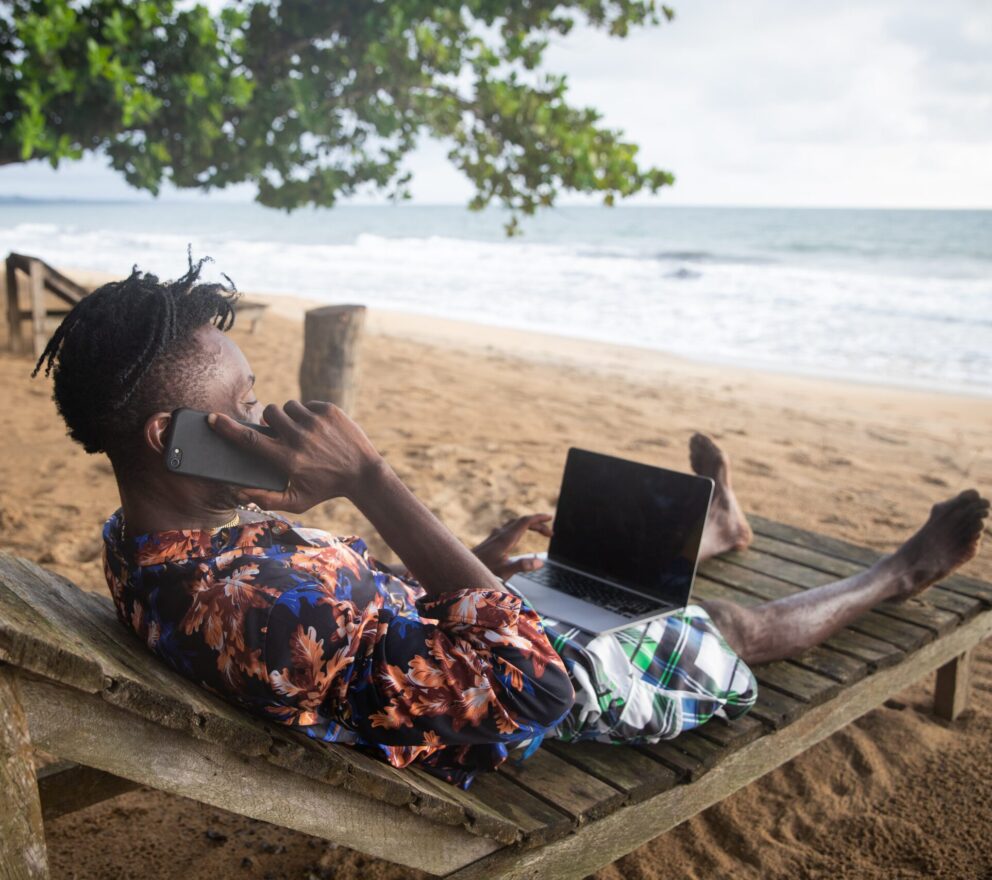In today’s fast-paced world, the ever-increasing demands of both personal and professional life relentlessly chase individuals, leaving them grappling with the heavy burden of stress. Stress, when left unmanaged, can lead to severe physical and mental health complications, aptly summarized by the saying, “Stress kills.” With the high stakes of managing remote work-life balance and maintaining mental health for men becoming increasingly prominent, it is imperative to draw attention to effective strategies for coping. This blog post serves as a beacon of hope, illuminating pathways to relaxation that can ultimately enhance overall well-being and productivity.
The Dangers of Stress: The Silent Saboteur
Stress functions as a silent saboteur, eroding our quality of life without any clear warning. Its presence is pervasive and can manifest in numerous ways—whether it’s through physical discomfort, emotional fatigue, or heightened anxiety. Thus, the importance of stress management cannot be understated, especially as many people pursue a lifestyle that embraces freedom, adventure, and remote work. As professionals become digital nomads, the pressures to perform—both personally and professionally—can amplify stress levels to new heights.
As remote work becomes the norm for many, the blurred boundaries between work and personal life create fertile ground for stress to thrive. The challenges of managing a diversified schedule and maintaining productivity while seeking a sense of adventure can feel insurmountable. However, understanding that stress management techniques can empower individuals to regain control over their mental health is of utmost importance. Effective relaxation methods enable individuals to transform stress into positive action, leading to a thriving work-life balance.
Travel as Therapy: Unleashing Adventure’s Healing Potential
One potent antidote to stress is travel, and not merely as a leisure activity but as a form of therapy. “Travel as therapy” provides individuals with an enriching opportunity to disconnect from daily obligations while reconnecting with their inner selves. By exploring uncharted territories and immersing oneself in different cultures, individuals can often gain fresh perspectives on their lives. This shift in perspective can significantly mitigate stress levels, helping individuals break free from conventional norms and pursue a more fulfilling existence.
Moreover, for young professionals desiring financial freedom and a change in lifestyle, the concept of the “Passport Bros” emerges. This community encourages jet-setting to locations where the cost of living is lower while experiencing diverse cultures and lifestyles. Sharing insights on travel, these “Passport Bros” provide practical tips that encourage others in their pursuit of adventure, emphasizing that exploration is not simply about leisure; it is a vital component of mental health. Just as individuals seek balance in their lives, so too can they find balance through the rejuvenating power of adventure.
Embracing Remote Work-Life Balance: Strategies for Success
For those engaged in remote work, maintaining a healthy work-life balance should be paramount. Striking this balance necessitates proactive strategies that ensure productivity without sacrificing mental health. Engaging in practices that prioritize self-care—such as setting clear boundaries between work hours and personal time—can effectively alleviate stress. It’s crucial to cultivate an environment where professional obligations do not overshadow personal well-being, as neglecting mental health can lead to burnout and resentment toward one’s chosen lifestyle.
In addition to setting boundaries, integrating relaxation techniques into the daily routine can materially enhance remote work-life balance. Techniques such as mindfulness meditation, brief exercise sessions, or even spontaneous mini-adventures can break the monotony of a workday. The emphasis should be on creating collective experiences—whether through collaborating with fellow digital nomads or participating in community events—that encourage camaraderie, insight-sharing, and mutual support. These connections serve not only to inspire but also reinforce the idea that one is not alone in their journey, creating a sense of belonging among like-minded individuals.
Conclusion: The Victory of a Relaxed Mind
In conclusion, recognizing that “Stress kills” provides the impetus necessary for individuals to take action and embrace a more fulfilling lifestyle. By practicing effective stress management techniques, engaging in travel as therapy, and prioritizing remote work-life balance, one can navigate the complexities of modern life with grace and resilience. The tips and insights shared within varied communities—from “Passport Bros” to digital nomads—serve as valuable tools on this pursuit for both relaxation and achievement.
Ultimately, the journey towards relaxation is not merely about escaping the grind; it is a pathway to personal empowerment and mental clarity. So, take the plunge, explore new horizons, and embrace the opportunities life has to offer. A relaxed mind is not just a winning mind—it is one that fosters creativity, motivation, and collective growth.







